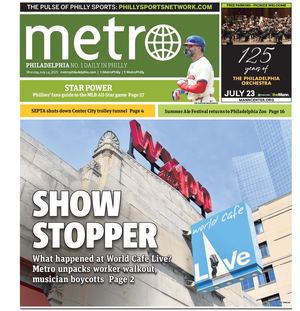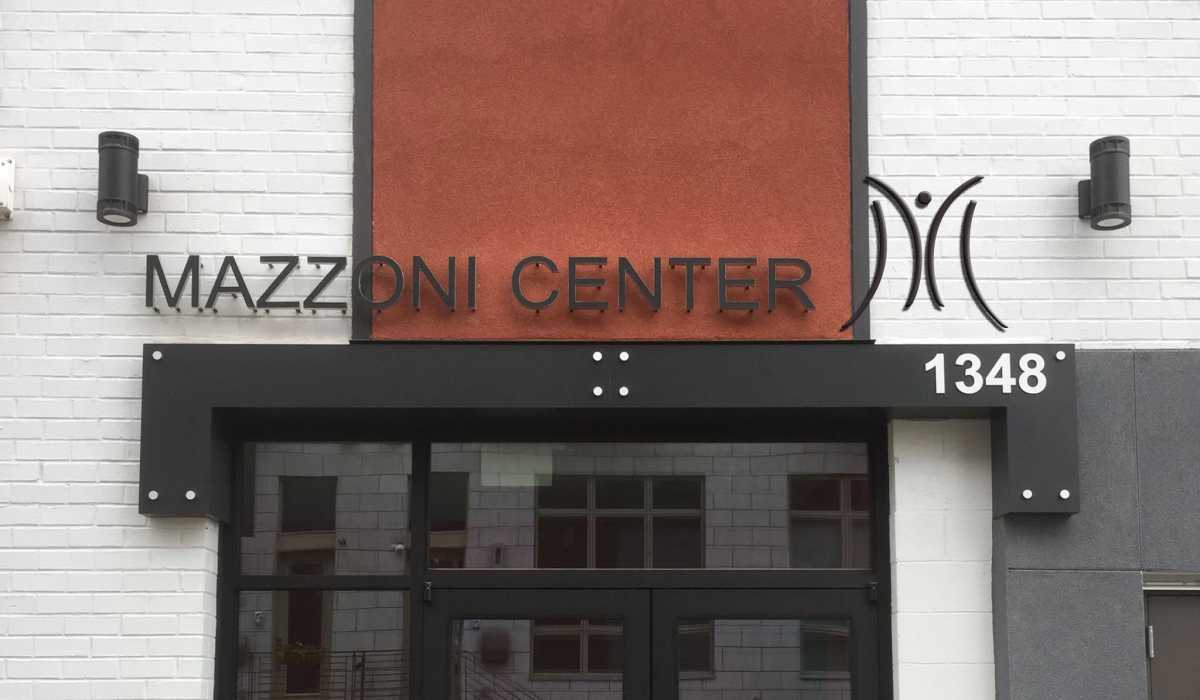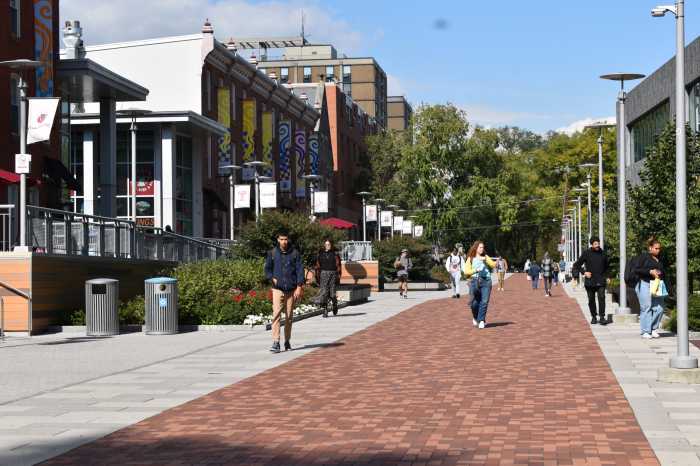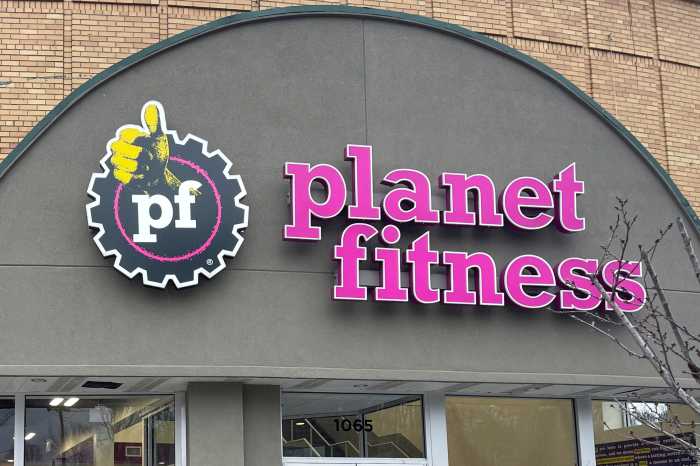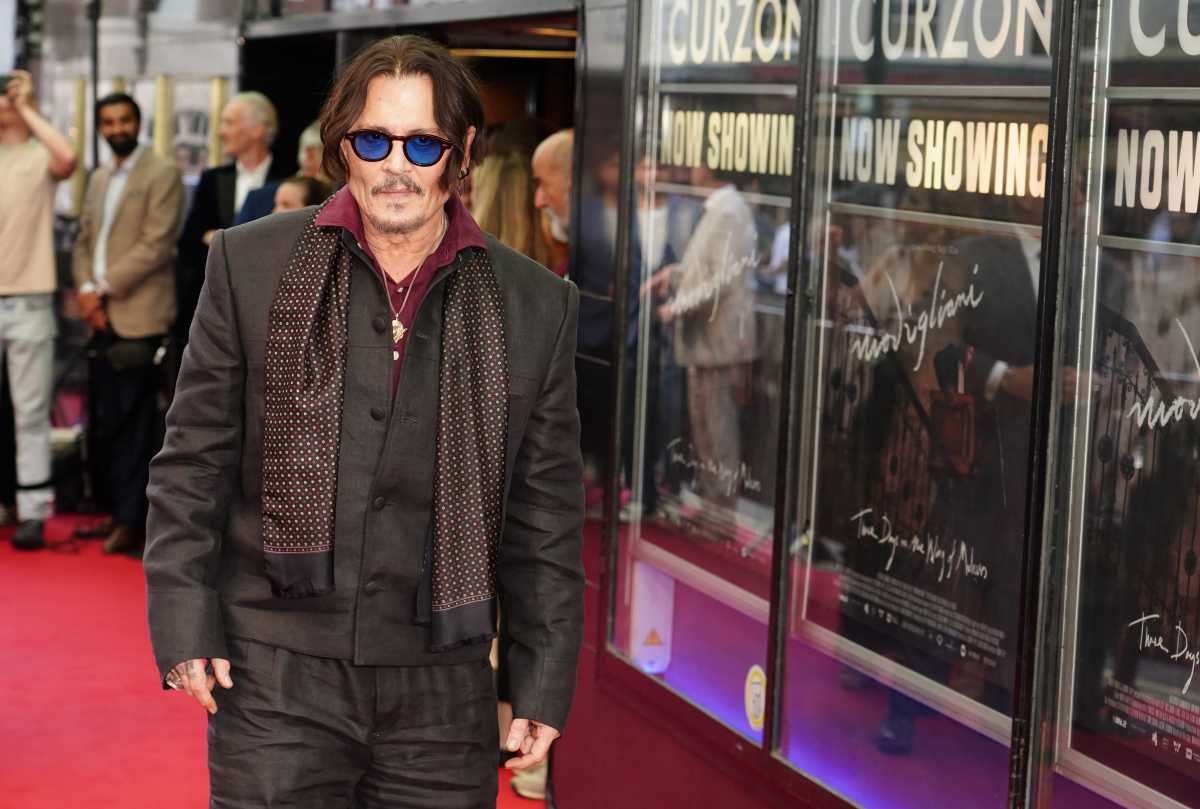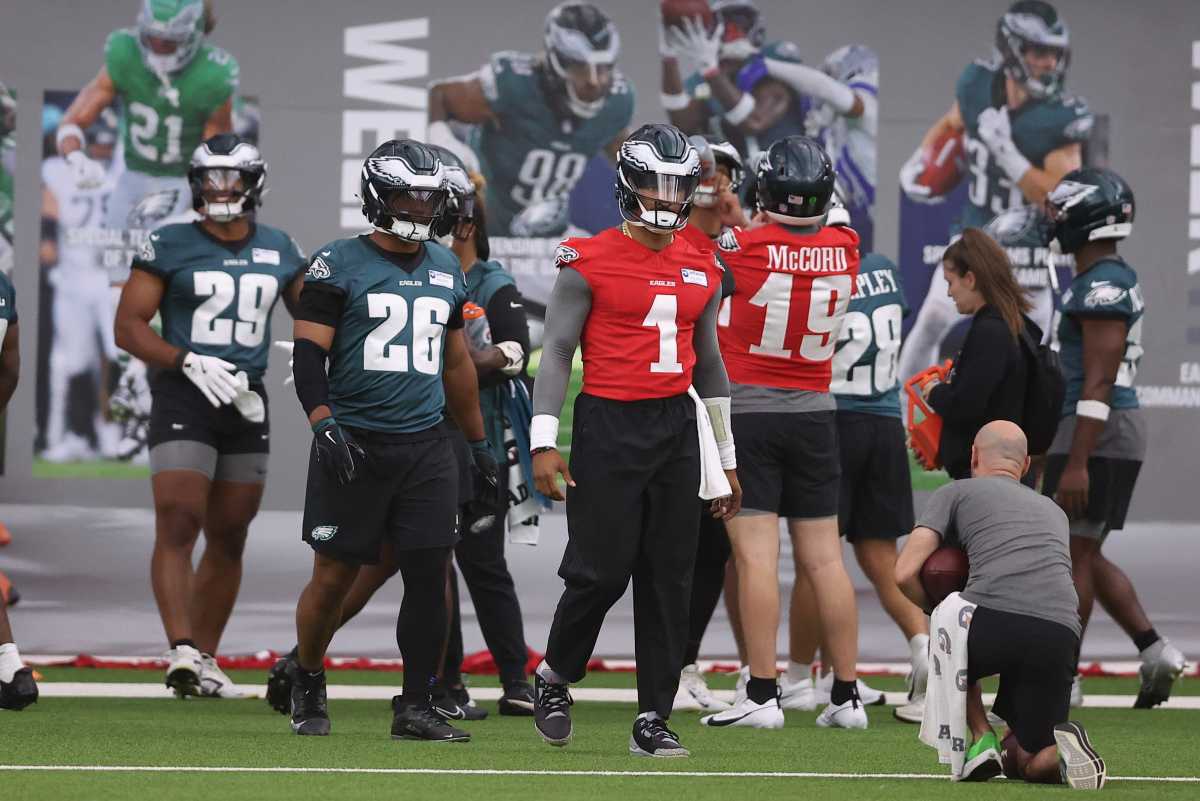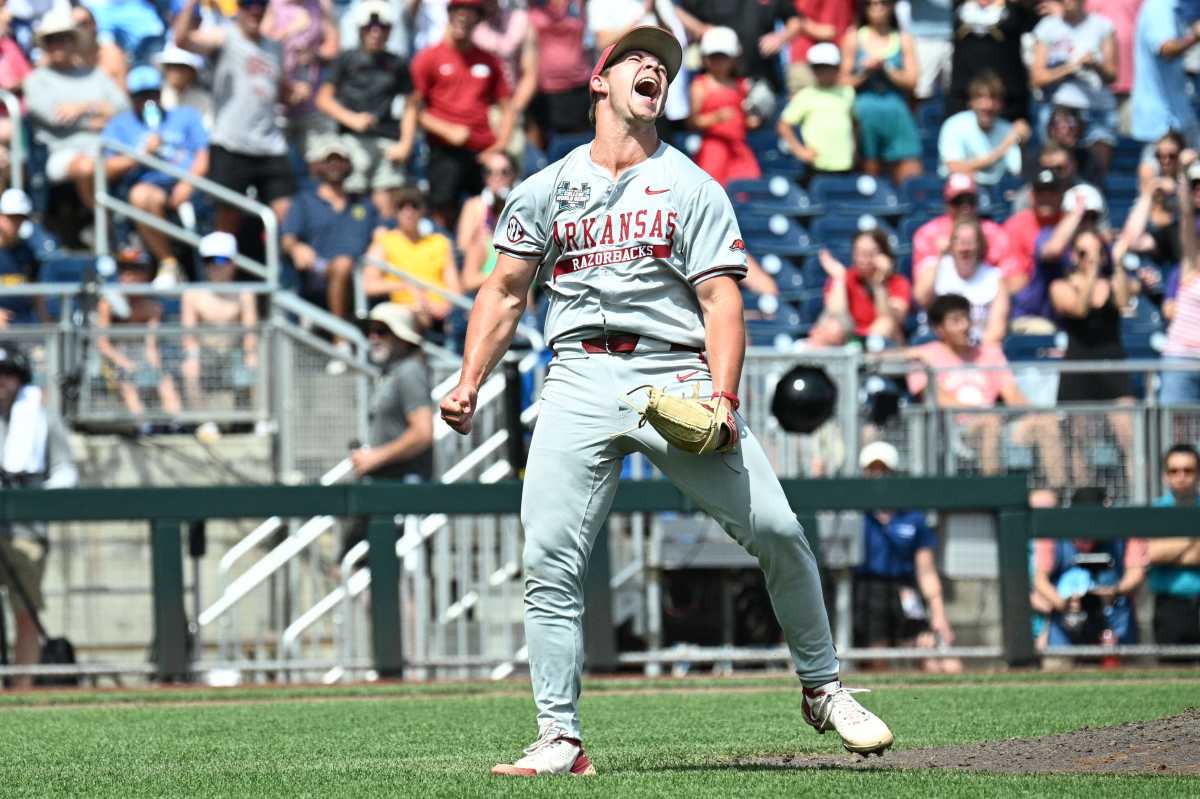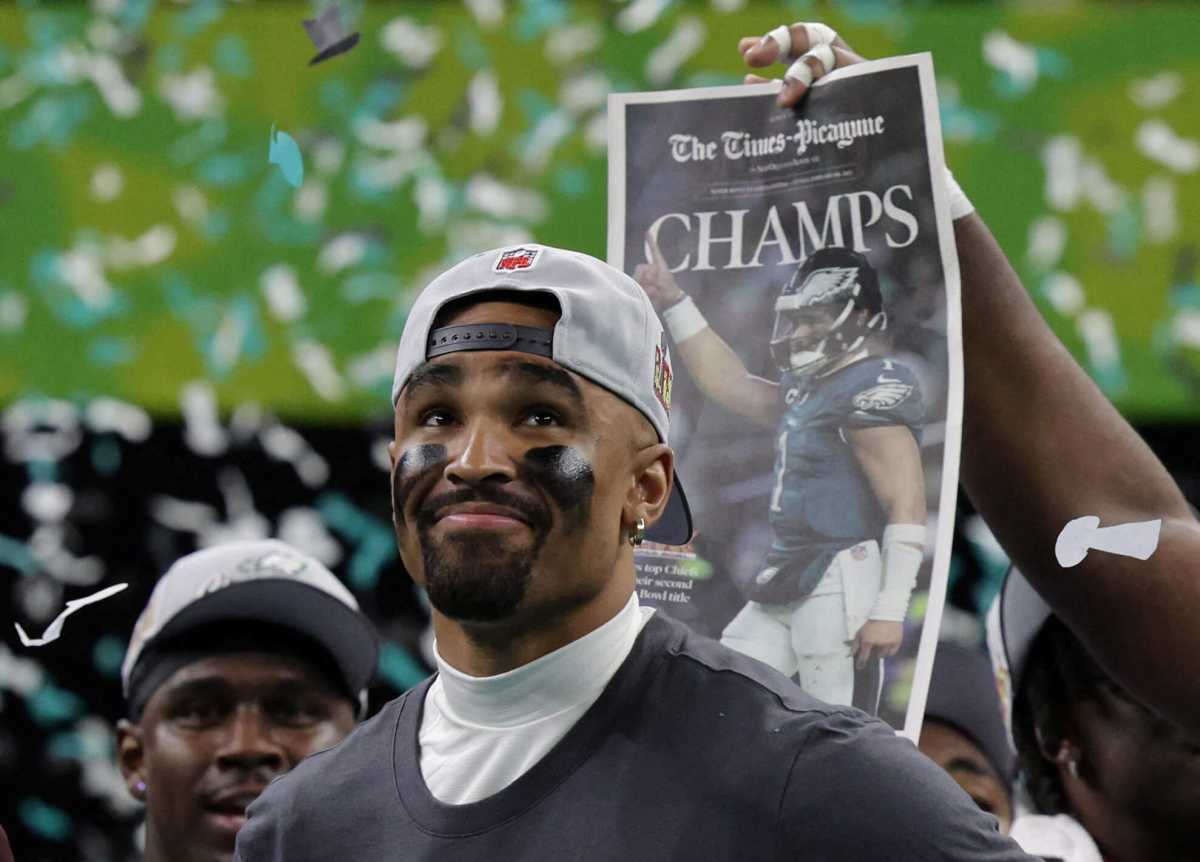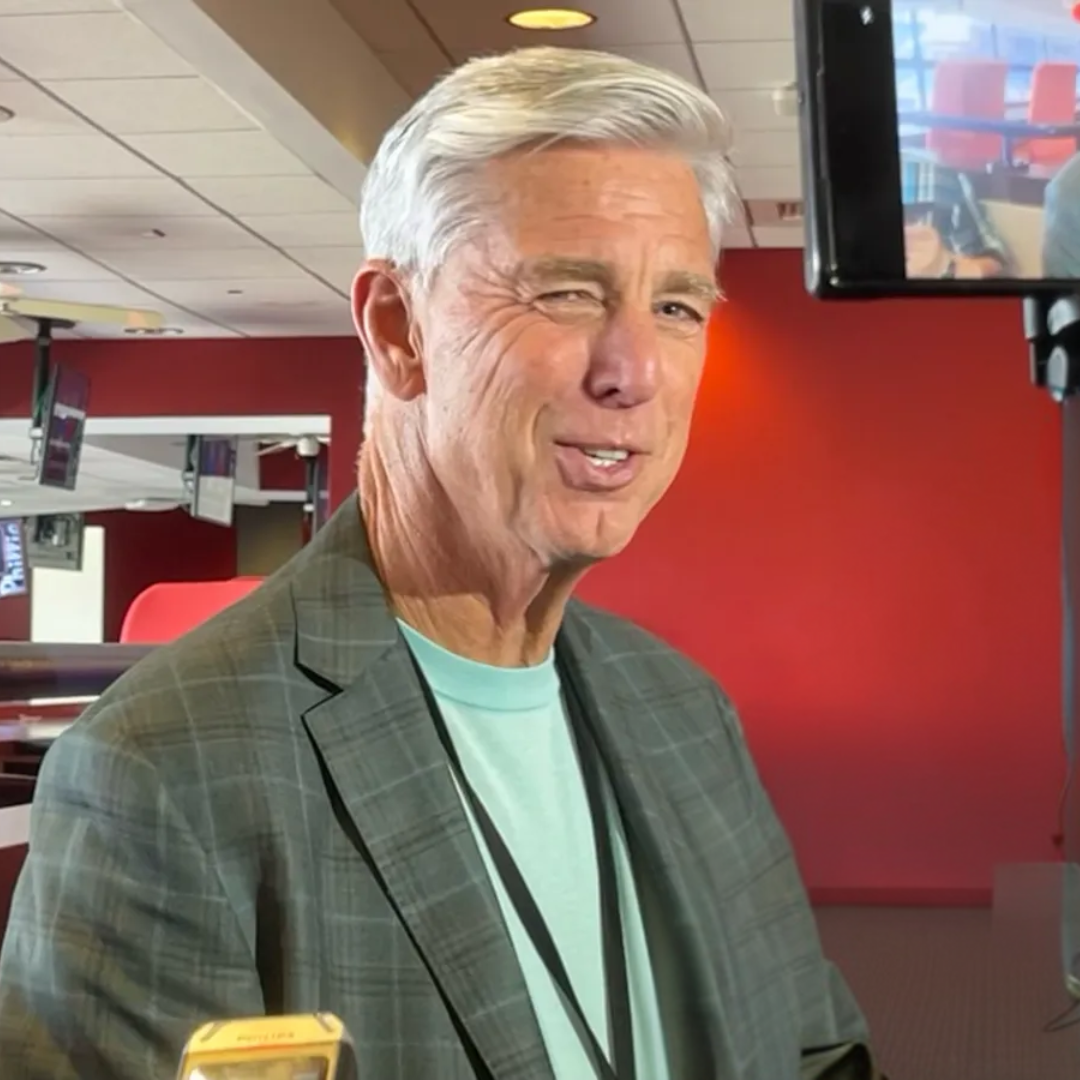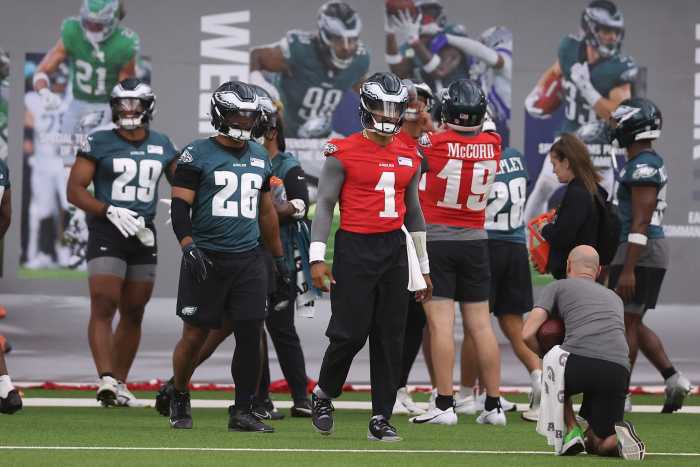When it comes to health and sexuality, The Mazzoni Center has its own ways of educating.
The Yes, Please! workshop series from the Center is a multi-session, comprehensive, LGBTQ-inclusive sexuality and relationships education curriculum designed for students in grades 3-12.
“It focuses on health and well-being and delivers age-appropriate, interactive workshops that are designed to empower youth to make healthier mental, emotional, social, and physical decisions as they grow and mature,” explains Sultan Shakir, President and Executive Officer at The Mazzoni Center. “Topics include fostering healthy friendships and relationships, digital citizenship, unpacking stereotypes and biases, and improving self-esteem. Sessions guide students to develop critical thinking and communication skills, reflect on their own values, and identify trusted adults and resources in their world.”
And the curriculum varies.
As Shakir explains, each workshop contains content that is age and developmentally appropriate, medically accurate, and aligned with the National Health Education Standards, National Sexuality Education Standards, and Pennsylvania Academic Standards. Lesson objectives, materials, and activities correspond with grade level expectations.
“Discussions regarding healthy relationships with third graders revolve around friends and family, while seventh graders and older begin to talk about navigating romantic relationships as well,” Shakir continues. “Diverse family structures and identities are shared through stories with third through sixth grade, and high schoolers gain vocabulary and examples to differentiate between gender identity, gender expression, and sexual orientation.”
And with Yes, Please!, as students grow and mature, more information is provided to help dispel any myths or fears, while also normalizing the many changes someone might experience during puberty.
The series requires administrative approval from each school prior to any session conducted on-site, and 1-on-1 consultation is provided for each school and organization to best understand their goals, needs, and community.
“Every student deserves a learning environment where all aspects of their identity are respected, affirmed, and reflective of their experiences. Implementing an LGBTQ-inclusive curriculum is just one way that schools can help promote a safer and healthier community. Language is power, and we can create opportunities for everyone to be a part of the conversation and be represented. We know that adolescence can be a different experience for everyone and creating spaces to share diverse perspectives and feelings around friendships, relationships, boundaries, and beyond is beneficial,” Shakir explains.
The President and Executive Officer of the Center notes that the series is available for all youth, regardless of their sexual orientation and gender identity. For LGBTQ-identified youth in grades 7-12, the workshops provide accurate information regarding sexual orientation and gender identity, as well as information on community resources available to them.
But, it’s also for those who aren’t in the community as well.
“For non-LGBTQ+ youth, the workshops aim to decrease the incidence of LGBTQ-related bullying which we know leads to things like higher rates of negative factors such as suicidal ideation, depression, and drug and alcohol use,” he continues. “We all have a role in ensuring the health and rights of young people are considered and honored.”
The program will always adapt the workshops to be most effective and up-to-date for youth safety, according to Shakir. And also, to create a supportive learning environment. Those who curate Yes, Please! use multi-modal options (video, readings, etc) to meet students’ needs and to adapt to the needs of the school and youth that participate.
He also explains that for younger youth, that can look like conversations about: “Are you ok with being hugged or would you prefer a high-five instead?”“In general, we want youth to be able to name what it feels like when a relationship feels good and appropriate, as well as to be able to see and name when a relationship feels unsafe,” explains Shakir. “We want youth to have resources on how to recognize that as well as where to go and who to talk to, which could be people at home, people at school, or a national text line to help look for resources.”Ultimately, those who work on the program hope that students can come away from this program with a better understanding of themselves, their relationships, and the safe and helpful resources that can support their health moving forward.As Shakir explains, for younger students (grades 3-6), The Mazzoni wants to help foster “a strong sense of self-worth and boundaries, as well as be able to name trusted people they can talk to about their health and safety.”
Sessions with younger students will also explore the wide range of diverse family structures and promote dignity and respect for all people.
Then, for older students (grades 7-12), the hope is that they will come away from the program equipped with critical thinking skills and tools to make informed decisions about their sexual and reproductive health, especially regarding preventing STIs, HIV, and unwanted pregnancy.
“They’ll also come away with a clearer understanding of what consent is and how to communicate their boundaries and respect others,” Shakir continues. “There’s no standard sexuality and relationship education program implemented throughout the US, and many states don’t even require sexuality education to be medically accurate. Young people need and deserve a safe space to get accurate, age-appropriate information about their bodies and their health.”
